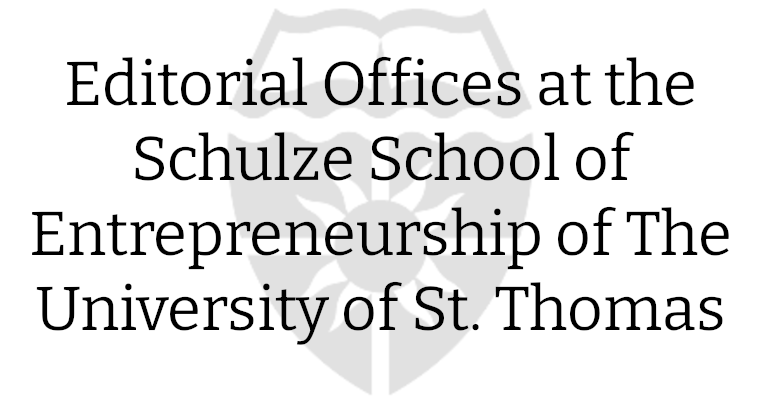
When Can Fintech Do the Most Good?
Many have predicted that mobile money and other fintech will replace traditional banks in impoverished countries. But our research showed that socially marginalized people need both.

Many have predicted that mobile money and other fintech will replace traditional banks in impoverished countries. But our research showed that socially marginalized people need both.

As Lego, Unilever, and Apple have shown, a simple but memorable strategy statement can create a common mindset, regardless of cultural and language differences.

Research found that they often lack the resources to assess their risk and plan for the worst -- putting their financial health at risk when disaster strikes.

The winning combination includes strong opinions that are validated or modified by evidence gathered outside the building.

A disruptive new product or service can upend entire industries, creating new opportunities but often at personal and economic cost. Can we innovate without pain?

Small firms growing into midsized need a new approach to talent. Give current employees the skills they need to help you grow, and make your firm a desirable place to work.

Be broadminded in hiring, offer flexible work, accommodate disabilities, and be clear about roles, wages and what it takes to get ahead.

Even tech-savvy startups can be blindsided. More than technology, what matters now is your organization, your culture, and the speed at which you're able to act.

Better entrepreneurship education can help improve prospects for young people, help women achieve business success, and strengthen family firms.

He was a millionaire by age 30, then a homeless addict. Here's how he returned to entrepreneurship and became a millionaire once again.

An overwhelming 90% of startups will fail. In this TED talk scholar Susan Cohen shares research pointing to ways business owners can process and apply advice.





Supported by the Richard M Schulze Family Foundation